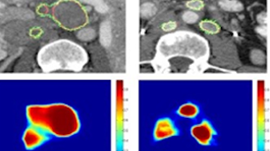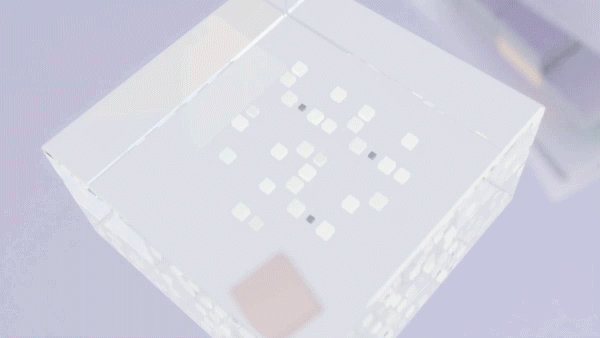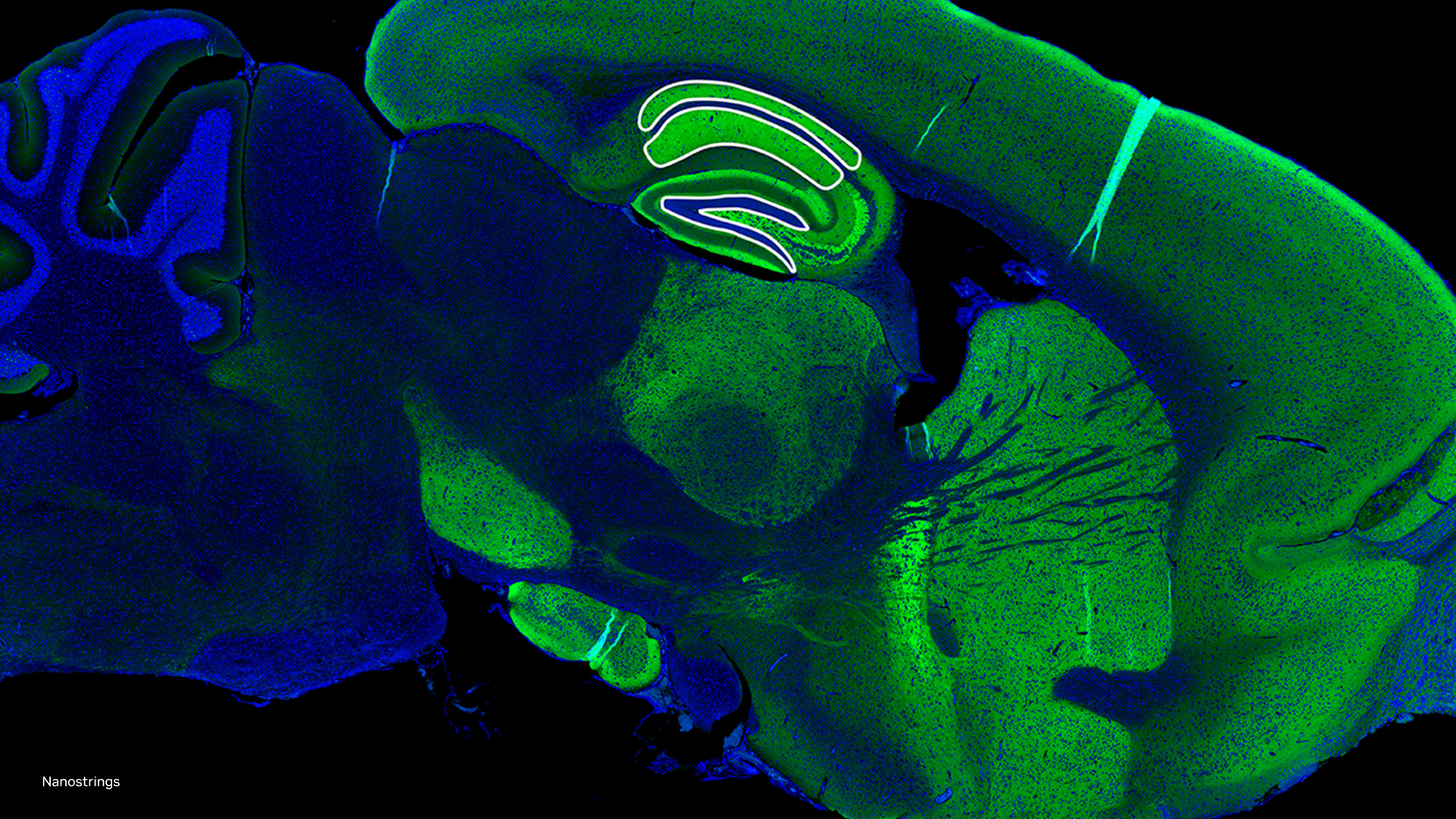Joel Dudley, an Associate Professor at the Icahn School of Medicine at Mount Sinai in New York shares how he is developing and applying advanced computational methods to integrate the digital universe of information to build better predictive models of diseases and drug response.
Using TITAN X GPUs and deep learning, his lab is training their neural networks on electronic health records to predict health outcomes without actually having to understand the exact model of a disease.
“If we tried to run some of our algorithms on traditional CPUs, we would be waiting weeks or months – and when it comes down to diagnosis that’s not an unacceptable timeframe,” says Dr. Dudley who is also the director of the newly formed Institute for Next Generation Healthcare at Mount Sinai. “We need to get things down to hours, minutes, seconds.”
Share your GPU-accelerated science with us at http://nvda.ws/2cpa2d4 and with the world on #ShareYourScience.
Watch more scientists and researchers share how accelerated computing is benefiting their work at http://nvda.ws/2dbscA7
Share Your Science: Predicting Healthcare Outcomes with Artificial Intelligence
Dec 21, 2016
Discuss (0)

Related resources
- GTC session: Charting the Future of AI in MedTech
- GTC session: The Role of Generative AI in Modern Medicine
- GTC session: Revolutionizing Healthcare through AI-Empowered Solutions and Medical Devices
- SDK: Clara Train
- Webinar: Isaac Developer Meetup #2 - Build AI-Powered Robots with NVIDIA Isaac Replicator and NVIDIA TAO
- Webinar: Accelerate AI Model Inference at Scale for Financial Services









